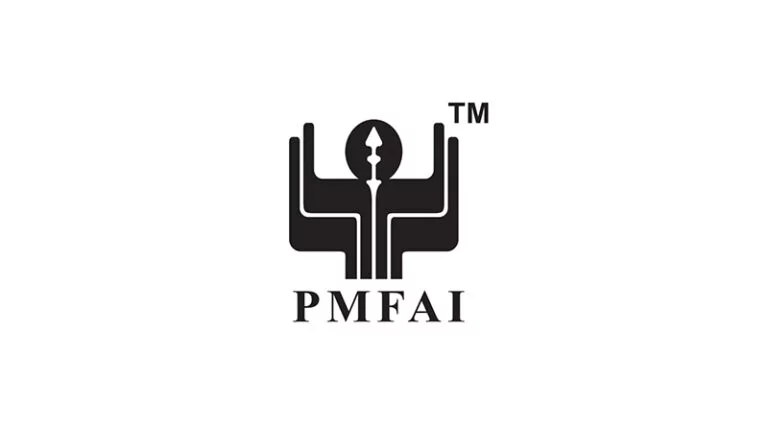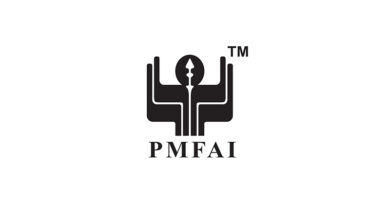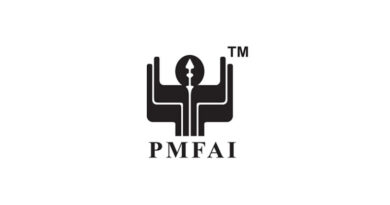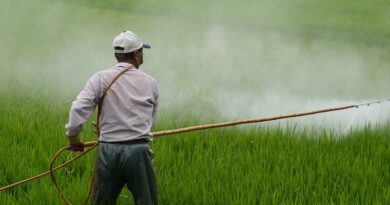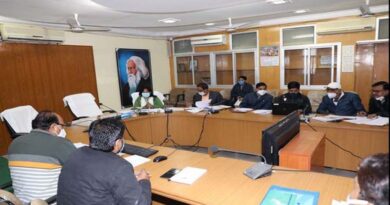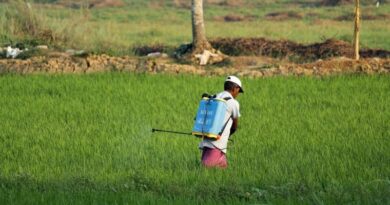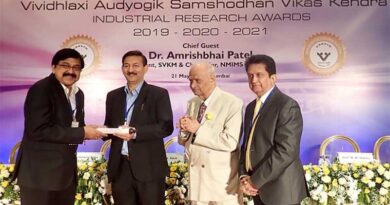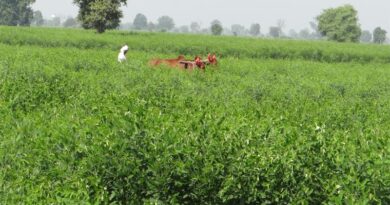PMFAI Supports Government’s Demand for Guidelines on Maximum Residue Limits
30 April 2024, New Delhi: The Pesticides Manufacturers & Formulators Association of India (PMFAI), a national association representing the Agrochemical Industry, has expressed strong support for the Government of India’s call to the World Trade Organization (WTO) to establish guidelines for determining default Maximum Residue Limits (MRLs) of pesticides. The association argues that in the absence of uniform international standards, MRLs should be based on risk assessment using scientific evidence, rather than a hazard-based approach as employed by the European Union (EU) and some other nations.
PMFAI has long advocated for risk-based assessment of MRLs, emphasizing the need for scientific evidence to guide decision-making. The recent rejections of India’s agricultural exports by certain countries due to non-compliance with their MRLs highlight the challenges posed by global variations in regulations.
Pradip Dave, President, PMFAI said, “It is important to note that MRLs are not toxicological safety standards but rather trading standards. They do not pose unacceptable risks to public health. MRLs can be as low as 0.01 ppm, which is equivalent to 1 gram per 100 tons of agricultural commodities. At such levels, pesticides are not considered biologically or toxicologically relevant.”
The Agreement on the Application of Sanitary and Phytosanitary Measures, which became effective with the establishment of the WTO in 1995, governs the setting of standards for sanitary and phytosanitary measures. While it allows member countries to establish their own standards, it also emphasizes the importance of science-based measures. However, the divergence in standards among different countries creates challenges.
The PMFAI highlights that the EU employs SPS measures that are unilaterally enhanced, leading to trade barriers for other countries, including India. These standards are considered unreasonable and restrict trade for exporters from developing nations. Furthermore, some countries blindly adopt EU policies.
India maintains an easy import regime, but its agricultural exports face non-tariff barriers disguised as SPS measures. Indian ports do not test imported consignments for pesticide residues before allowing them for domestic consumption. The lack of infrastructure and adherence to the SPS Agreement by the Food Safety and Standards Authority of India (FSSAI) means that India does not reject imported consignments based on MRL violations.
PMFAI calls for a change in this approach, urging India to subject imported food and agricultural produce to the same level of MRL testing that other countries apply to Indian exports. They emphasize the need to reject and return imported consignments that do not meet India’s MRL standards until the WTO establishes guidelines for default MRLs applicable to all its members.
The association also points out that other countries, including the EU, use significantly higher amounts of pesticides than India. India has one of the lowest pesticide consumption rates in the world, with only 0.65 grams per hectare compared to the global average of 3 kilograms per hectare. Imported food and agricultural products may contain pesticide residues from substances not approved in India, highlighting the need for stricter regulations.
PMFAI expects the WTO to establish default guidelines for determining MRLs that apply to all countries worldwide. This would ensure a level playing field in international trade.
Pradip Dave, President of PMFAI, emphasizes the importance of resolving these issues to safeguard India’s agricultural interests and promote fair trade practices.
(For Latest Agriculture News & Updates, follow Krishak Jagat on Google News)

